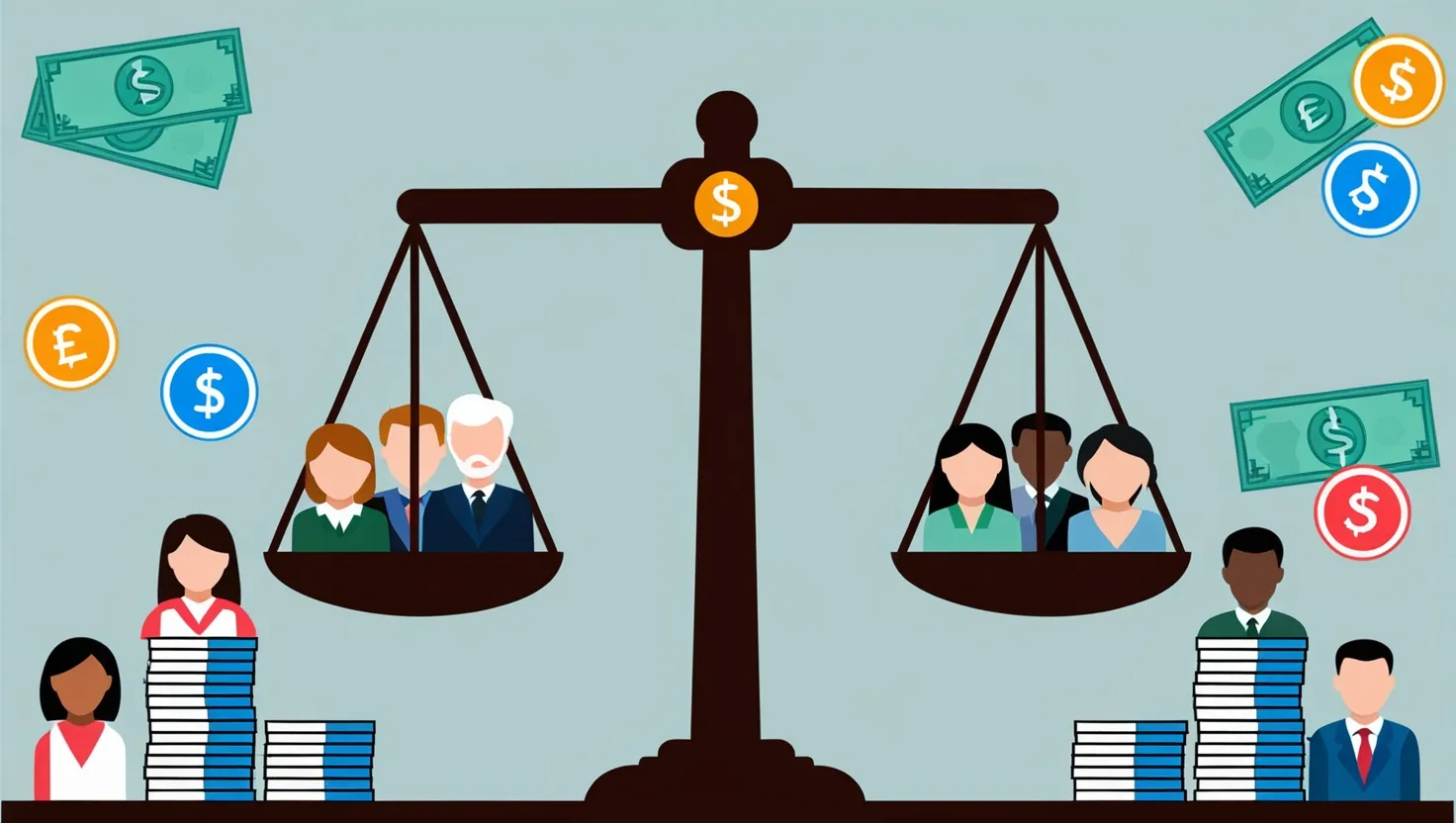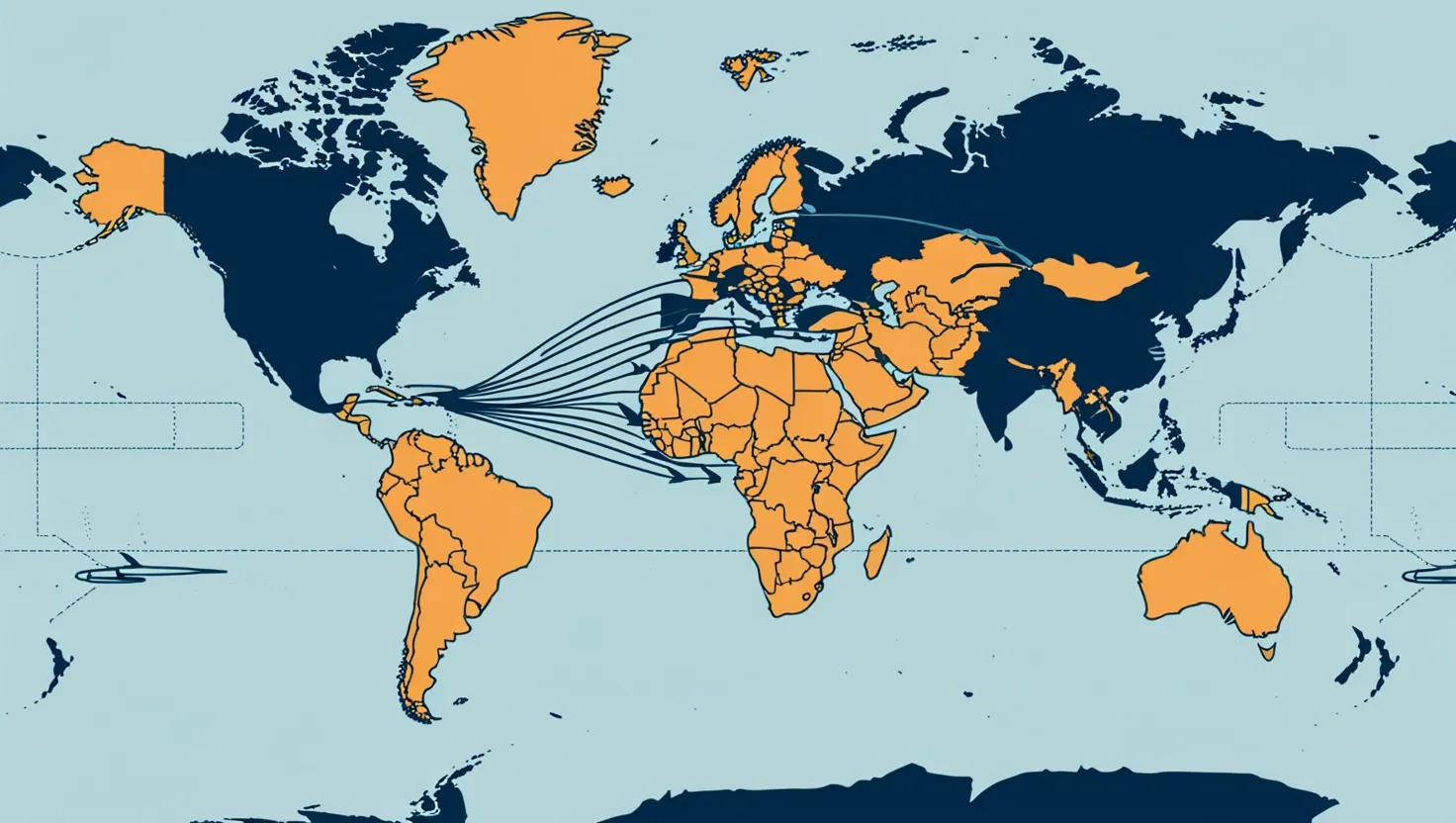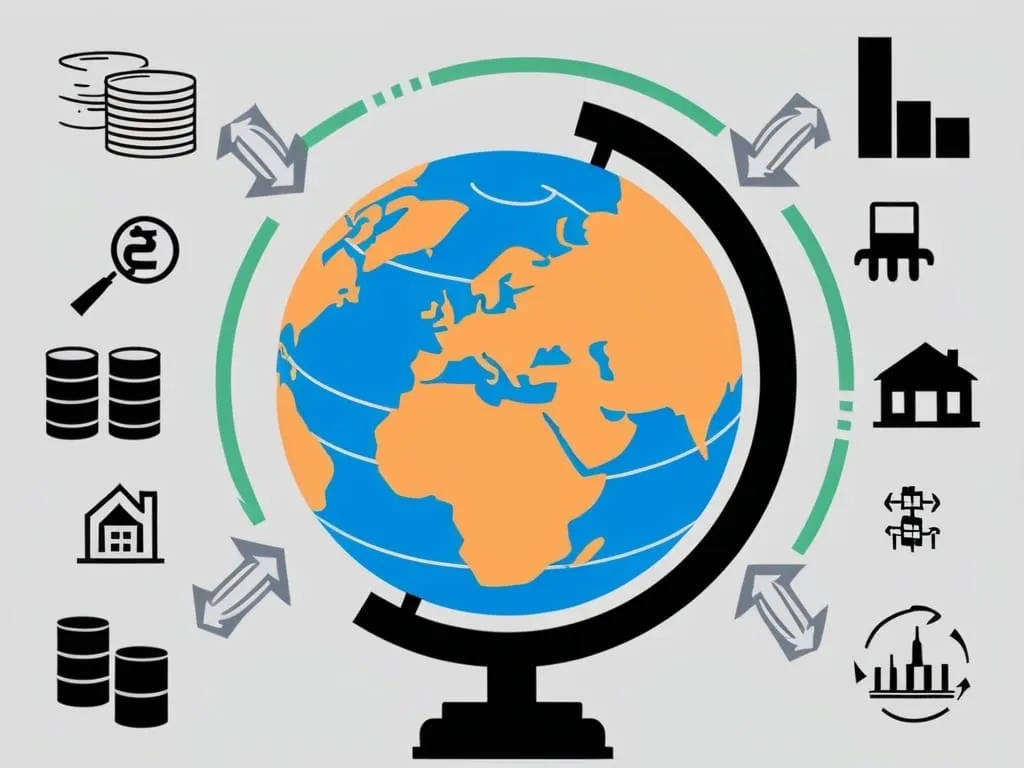In the intricate dance of global economics, the issue of wealth inequality has become a pressing concern. As the gap between the rich and the poor continues to widen, innovative initiatives are being explored to redistribute wealth and foster economic equality. Here, we delve into six global wealth redistribution initiatives that are shaping the economic landscape and their potential to address the growing wealth disparities.
Universal Basic Income Experiments
Imagine a world where every individual receives a regular income, regardless of their employment status. This is the premise of Universal Basic Income (UBI) experiments that have been gaining traction in developed nations. From Finland to the United States, these experiments aim to provide a safety net that ensures basic needs are met, thereby reducing poverty and inequality.
In Finland, for instance, a UBI pilot was conducted from 2017 to 2019, where 2,000 unemployed individuals received a monthly stipend of €560. While the results were mixed, they highlighted the psychological benefits of financial security, such as reduced stress and improved well-being. In the U.S., cities like Stockton, California, have also embarked on similar experiments, showing promising results in terms of financial stability and health outcomes.
However, the implementation of UBI is not without its challenges. Funding such programs is a significant hurdle, as it requires substantial resources that could be diverted from other social welfare programs. Moreover, the effectiveness of UBI in reducing long-term poverty and promoting employment remains a topic of debate.
Wealth Taxes on Ultra-High Net Worth Individuals
Wealth taxes have long been a contentious issue, but they are gaining renewed attention as a tool to address wealth inequality. The idea is simple: impose a tax on the wealth of ultra-high net worth individuals to redistribute wealth and fund public services.
Countries like France and Spain have already implemented wealth taxes, albeit with varying degrees of success. The challenge lies in defining what constitutes “wealth” and ensuring that the tax is progressive, targeting only the very rich. Additionally, there is the risk of capital flight, as wealthy individuals might relocate to tax-friendly jurisdictions.
Despite these challenges, wealth taxes have the potential to generate significant revenue that can be used to fund essential public services like healthcare and education. This, in turn, can help bridge the inequality gap by providing equal opportunities for all.
Corporate Tax Reforms to Address Profit Shifting
Multinational corporations often exploit tax loopholes by shifting profits to low-tax jurisdictions, a practice known as profit shifting. This not only erodes the tax base in high-tax countries but also exacerbates wealth inequality by depriving governments of revenue that could be used for social welfare.
To combat this, international organizations like the OECD have been working on comprehensive tax reforms. The Base Erosion and Profit Shifting (BEPS) project, for example, aims to tighten transfer pricing regulations and introduce country-by-country reporting of tax data. These measures have shown promise in reducing profit shifting and increasing government revenues.
The U.S. has also taken steps in this direction with the Tax Cuts and Jobs Act, which includes provisions like the Base Erosion and Anti-abuse Tax (BEAT) and the Global Intangible Low-Taxed Income (GILTI) deduction. These reforms have significantly reduced the incentives for U.S. multinationals to engage in profit shifting.
Debt Relief Programs for Developing Countries
Developing countries often find themselves trapped in a cycle of debt, which hampers their ability to invest in essential public services and infrastructure. Debt relief programs aim to alleviate this burden, allowing these countries to redirect resources towards development and poverty reduction.
Initiatives like the Heavily Indebted Poor Countries (HIPC) Initiative and the Multilateral Debt Relief Initiative (MDRI) have provided significant debt relief to eligible countries. These programs have helped reduce the debt-to-GDP ratio, freeing up resources for healthcare, education, and other critical sectors.
However, the implementation of these programs is complex and often involves negotiations with multiple creditors. Ensuring that the relieved funds are used effectively and transparently is another challenge that these programs face.
Microfinance Initiatives in Emerging Markets
Microfinance, the practice of providing small loans to individuals or small businesses, has been hailed as a tool for economic empowerment in emerging markets. By providing access to credit, microfinance initiatives help individuals escape the cycle of poverty and build sustainable livelihoods.
Programs like Mexico’s Prospera and Brazil’s Bolsa Família have shown remarkable success in reducing poverty and improving health and education outcomes. These conditional cash transfer programs require recipients to meet certain criteria, such as regular school attendance or health check-ups, ensuring that the benefits are targeted and effective.
Despite their success, microfinance initiatives face challenges such as high interest rates and the risk of debt traps. Ensuring that these programs are sustainable and do not exploit the vulnerable is crucial.
Sovereign Wealth Funds and Resource Revenue Sharing
Sovereign wealth funds (SWFs) are state-owned investment funds that manage a country’s financial assets. When managed effectively, SWFs can be a powerful tool for wealth redistribution, especially in resource-rich countries.
For instance, Norway’s SWF, which is fueled by oil revenues, has been used to fund public services and ensure intergenerational equity. Similarly, in countries like Botswana, resource revenue sharing models have been implemented to distribute wealth more equitably among the population.
However, the success of SWFs depends on good governance and transparency. Ensuring that the funds are managed in a way that benefits the broader population, rather than just a select few, is essential.
The Balance Between Wealth Creation and Redistribution
As we explore these initiatives, it is crucial to strike a balance between wealth creation and wealth redistribution. Economic growth is essential for generating the resources needed for redistribution. However, unchecked wealth creation can lead to increased inequality if the benefits are not shared equitably.
International organizations and national governments play a pivotal role in promoting these measures. They must create policies that encourage wealth creation while ensuring that the wealth generated is distributed fairly. This balance is key to fostering sustainable economic growth that benefits all segments of society.
Implementation Challenges and Economic Impacts
Implementing these initiatives is not without its challenges. From funding UBI programs to enforcing corporate tax reforms, each initiative requires significant resources and political will. Moreover, the economic impacts of these initiatives can be complex and multifaceted.
For example, wealth taxes could lead to increased economic activity if the revenue generated is invested in public services. On the other hand, they could also lead to capital flight if not implemented carefully. Similarly, debt relief programs can free up resources for development, but they also require careful management to ensure that the relieved funds are used effectively.
The Role of International Organizations
International organizations such as the OECD, IMF, and World Bank play a crucial role in promoting these wealth redistribution initiatives. They provide a platform for countries to share best practices, develop common standards, and coordinate policies.
The OECD’s BEPS project, for instance, has been instrumental in addressing profit shifting globally. The IMF has provided critical support to developing countries through debt relief programs and policy advice. These organizations help in building a global consensus on the need for wealth redistribution and provide the technical assistance needed to implement these initiatives effectively.
Conclusion
As we navigate the complex landscape of global wealth inequality, it is clear that a multifaceted approach is needed. From UBI experiments to corporate tax reforms, each initiative has its unique challenges and potential impacts. By understanding these initiatives and their implementation challenges, we can work towards creating a more equitable economic system.
The journey to economic equality is long and arduous, but with the right policies and international cooperation, it is achievable. As we strive to balance wealth creation with wealth redistribution, we must remember that the ultimate goal is to create a world where everyone has the opportunity to thrive. In this pursuit, every step forward, no matter how small, is a step in the right direction.






